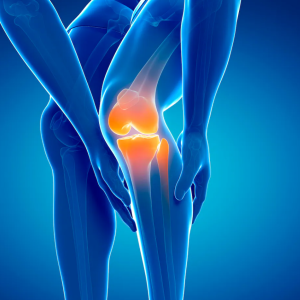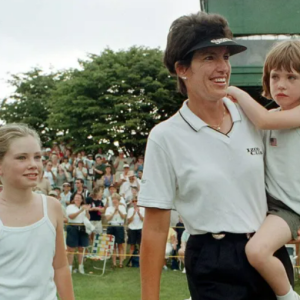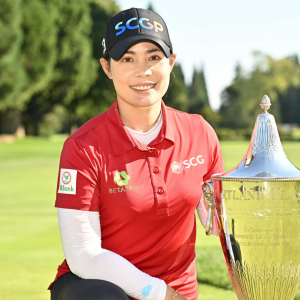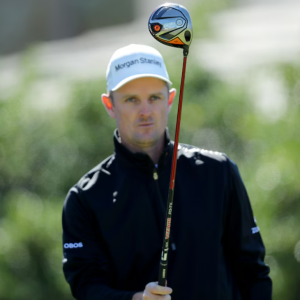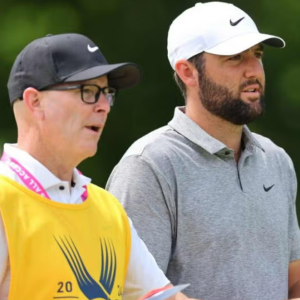Former U.S. Senator and ambassador to NATO Kay Bailey Hutchison discusses Central Texas flooding, foreign policy issues
Central Texas floods
Hutchison called the deadly flooding in Central Texas “unbelievable” and “like a tsunami”.
When asked about what role Congress could play in trying to prevent something like this from happening again, she responded that this was “something that no one ever expected”.
“So we know the worst can happen. And so we will prepare better, I’m sure, from what we’re learning. But it was horrific. And I couldn’t stop thinking about those parents who have had to wait and wait and just knowing. I mean, I’ve put my children on a bus to go to summer camp. That was supposed to be the highlight of the summer. And then to have this happen is just beyond what anyone, any parent, should have to endure.”
Hutchison says that she knows children and grandchildren of families that were affected by the floods. “You can’t say anything to make it better, but you can say, you know, that you have the support of our fellow Texans to get through a horrible time.”
U.S. bombing of Iran
Jack asked Hutchison: How does the US try to ensure that Iran doesn’t try to rebuild its nuclear weapon capability?
“We must be sure that they are not going to have enough capability to build a bomb because think of all the terrorism that the Iranian regime has perpetrated on our country, on other countries in the region, on our soldiers in the region. And then to think that we would allow them to have now terrorist activities with nuclear capabilities is unthinkable. And I think the president is right to say we’re not going to stand by. I think we have done all of the right things, and I think we have to have assurances in order to, be able to check and make sure that they’re not enriching beyond what they need for their own domestic heat and air conditioning. But, you know, the amount of uranium that they were enriching was not for domestic use, it is way beyond domestic use. And we’ve got to make sure they don’t have that capability. They’re not trustworthy. And we’re doing the right thing. We’re allying with others in the region who are also supporting what we’re doing, is Israel, of course. But other Arab nations in the region are supporting what we’re doing.”
NATO and defense spending
Hutchison was the ambassador to NATO for the U.S. during the first Trump Administration. Jack asked Hutchison about NATO recently agreeing to pay 5% of GDP for its own defense.
“I think 5% is very important. I think it is a huge success for America to ask Europe to stand up. And they’re now agreeing to do that. I think the 3.5% is our interoperability. It’s the hard assets. And then the 1.5% goes to other support or, security.”
“I think it’s a very positive, productive course that we’re on. And I think that it shows the resilience of NATO. And once again, the adaptability of NATO. We have lasted for 75 years by adapting to our common adversaries and our Europeans. Now, with Canada and North America have said we have common adversaries, and we have to deter against any kind of encroaching any of those common adversaries.”
Tariffs and trade
When it comes to President Trump’s tariffs, Hutchison notes that trade fairness involves more than tariffs, and that non-tariff barriers also matter.
“You just have so many things that have to be adjusted,” said Hutchison. “For instance, the problems with the European Union are really tariffs in one sector, but it’s also non-trade barriers of what they do to our big tech companies, where we have done so much of the creativity with our big tech companies, and they put an extra, really, barrier, I have to say. It’s more than a tariff. It’s a barrier.”
“But it’s not just tariffs. It is and which you all we all want to be as fair as we can make it with every country. But it’s also non-tariff barriers that box us out because we are the creative ones. And we have put the investment into the creativity. So yes, we have to earn that back, and make the profits so that we can continue to lead the world in creativity.”
Continued community engagement
When asked about her continued engagement in the community, Hutchison said, “Every way that I can give back, I want to.”
“I’ve stayed active, and I am active. With my former colleagues in the Senate. I am on several boards, so I’m active in the arena, and I love Dallas, I love Texas, and I want to do everything I can to be important for our community.”
